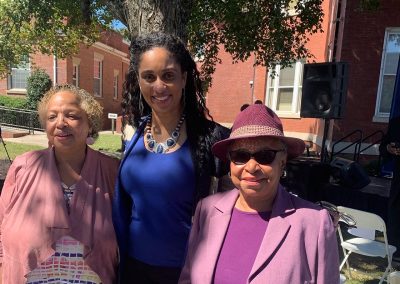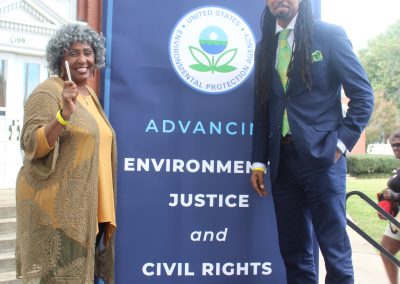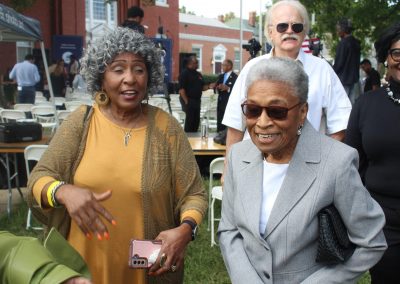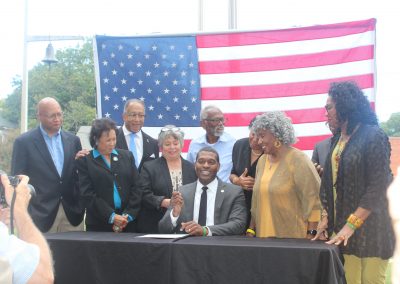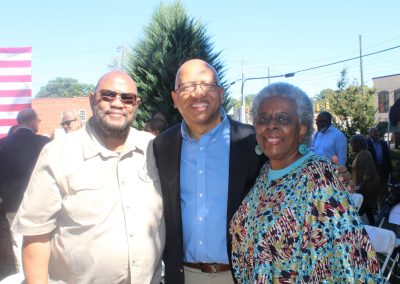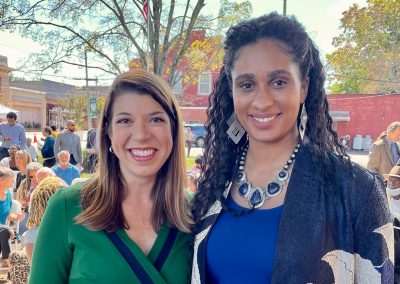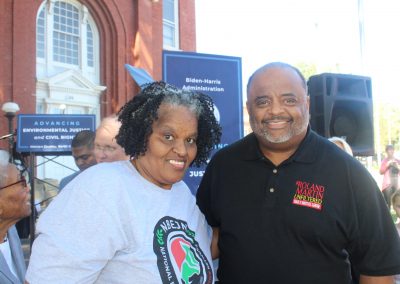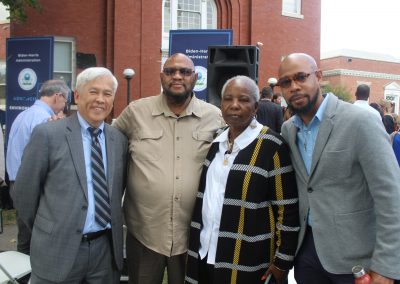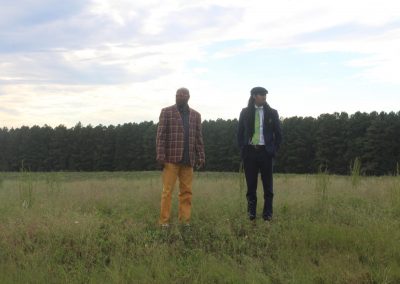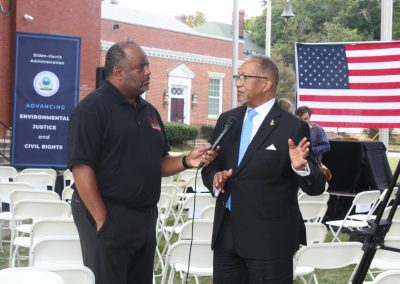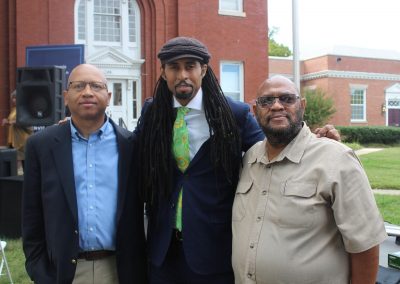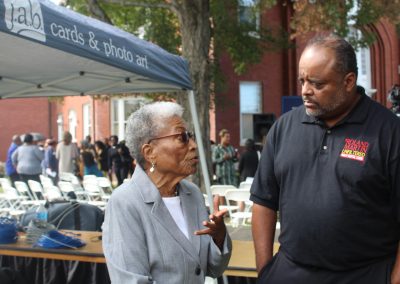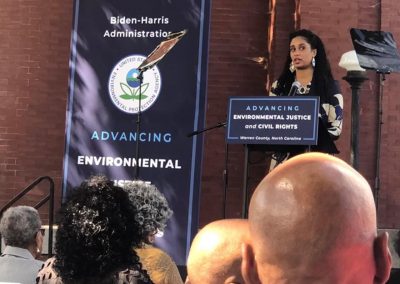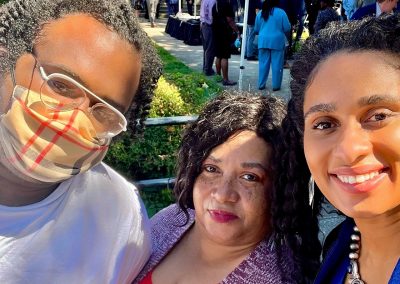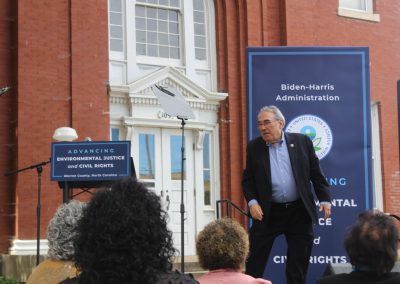EPA Invests $3 Billion in Environmental & Climate Justice
During the 40th Anniversary of the Environmental Justice movement that took place on Saturday, September 24, in Warren County, EPA Administrator Michael Regan announced the creation of a new national office dedicated to advancing environmental justice and civil rights. Regan made this announcement alongside environmental justice and civil rights leaders in Warren County, which was the site of the 1982 PCB protest that launched the environmental justice movement.
“We will live and breathe our mission to protect people’s health — and we will do so by ensuring that all people, no matter the color of their skin, the money in their pocket, or the community they live in, realize the full protections of our environmental laws,” said Regan.
The new office will oversee the implementation and delivery of a $3 billion climate and environmental justice block grant program created by the Inflation Reduction Act, a critical component of the law’s historic $60 billion investment in environmental justice. More than 200 EPA staff in EPA headquarters and across 10 regions will be tasked with working with underserved communities to solve environmental justice challenges that have plagued these communities for fall too long.
Advance Carolina Deputy Director and NC Black Alliance Deputy Director of Programs La’Meshia Whittington was invited to offer remarks for this historic event joining on-stage alongside Congressman G.K Butterfield and U.S. EPA Administrator Michael Regan.
“Today, I was proud to join elders and fellow leaders of this movement to witness 40 years of blood, sweat, tears, and prayers culminating in the most historic federal policy signing since the Civil Rights and Voting Rights Acts,” said La’Meshia Whittington, Deputy Director of Programs for the North Carolina Black Alliance.
Click here to read more about the EPA’s historic Office of Environmental Justice and External Civil Rights will position the agency to better advance environmental justice and enforce civil rights laws in overburdened communities.

